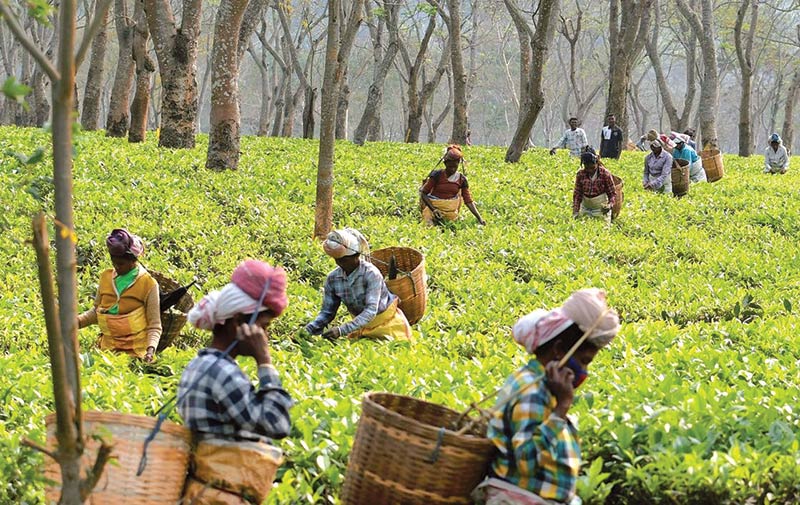by Anura Gunasekera President Ranil Wickremesinghe chose the Ceylon Workers’ Congress May Day platform, in Kotagala, to announce the increase of the plantation workers’ daily wage to Rs 1,700.00. An unexpected presidential fiat, delivered just a few months before a possible election by a potential presidential candidate, was made public from the political platform of a major plantation trade union, generally seen as pro-government.
The self-evident political implications do not merit either debate or elaboration. Preamble In a rational world, in any industry, the employer and the employee should arrive at a fair wage through a consultative process. The unsolicited intervention of a third force with an agenda unrelated to the interests of either party, is undesirable from all points of view.

Still, there are precedents, when sitting presidents have mandated wage increases in the plantation sector, for patently political reasons, ignoring the possible toxic economic consequences. Abrupt and illogically high increases are self-defeating, as sudden, unmanageable cost inflation force enterprises to withhold or diminish essential inputs, deny upgrades, abandon new investment and, in extreme cases, even close down. Unviable enterprises cannot discharge responsibilities to society, stakeholders, the economy and the environment.
When operational costs suddenly exceed revenue the only relief is a magical increase in the selling price. Bur miracles do not happen in the real commerci.
















